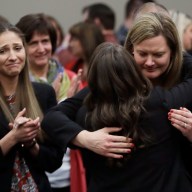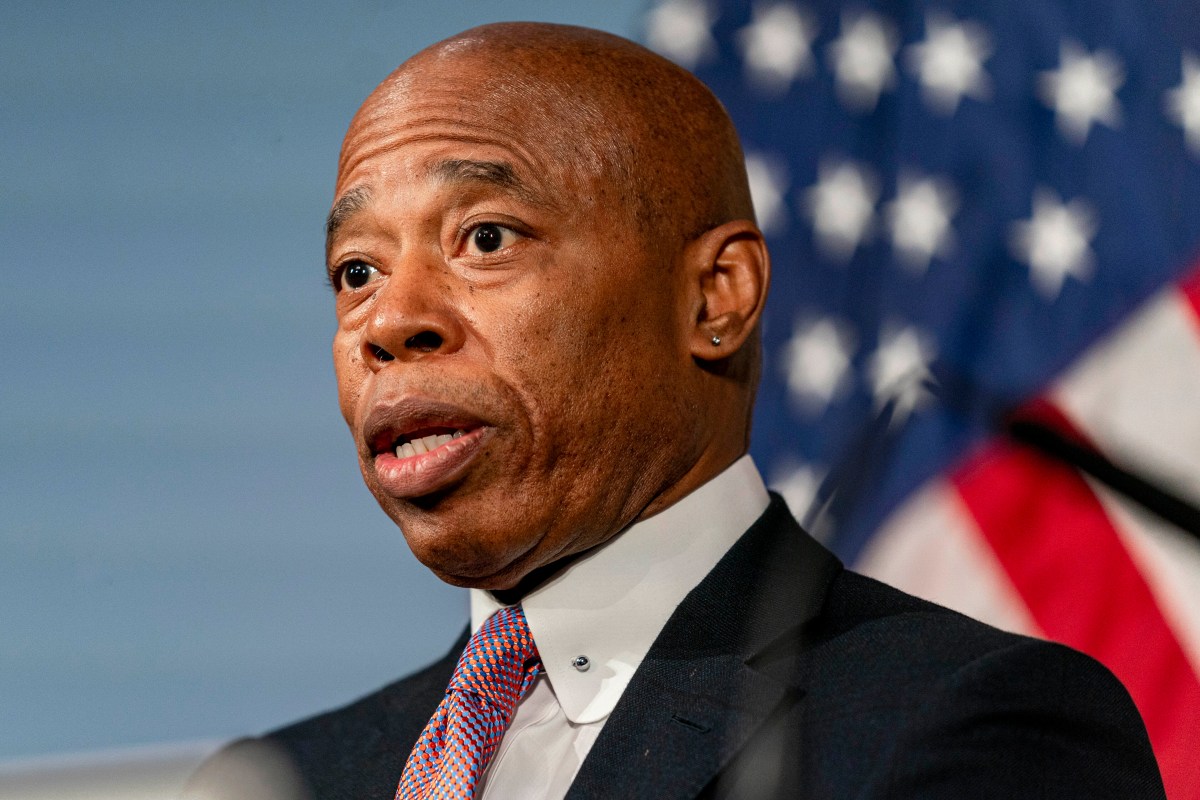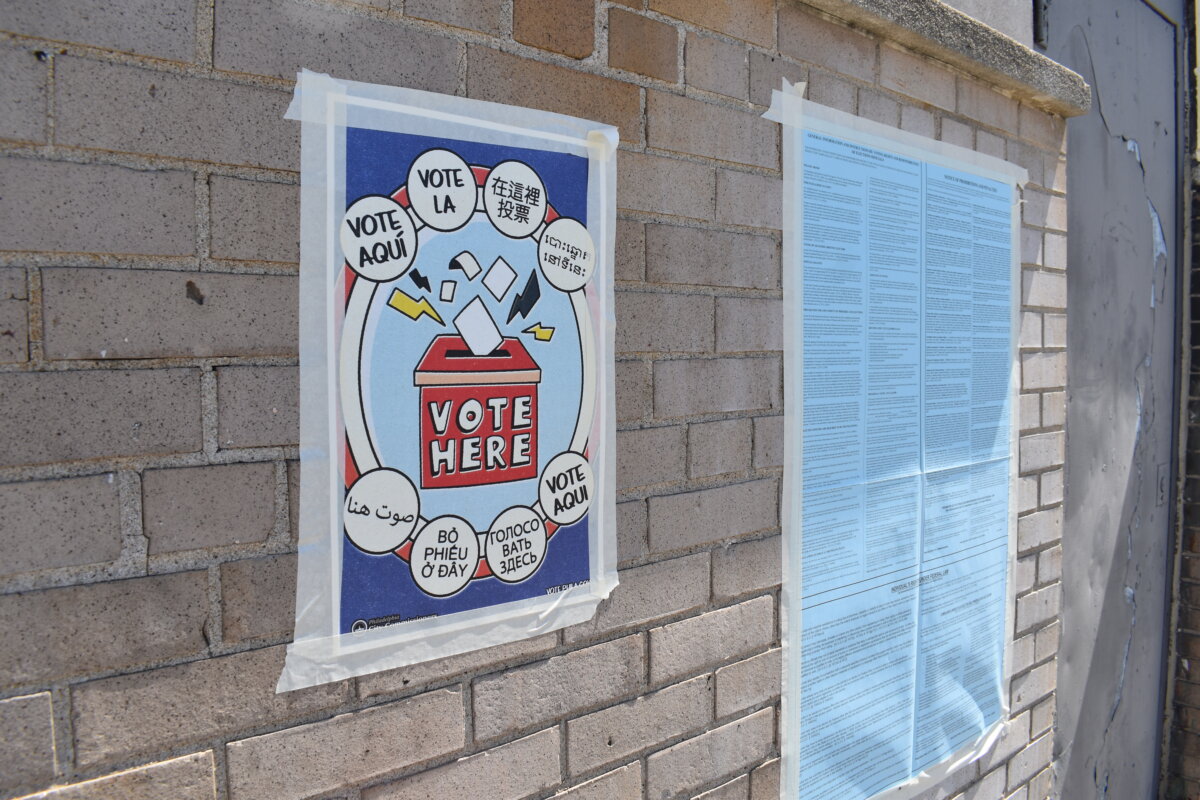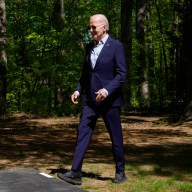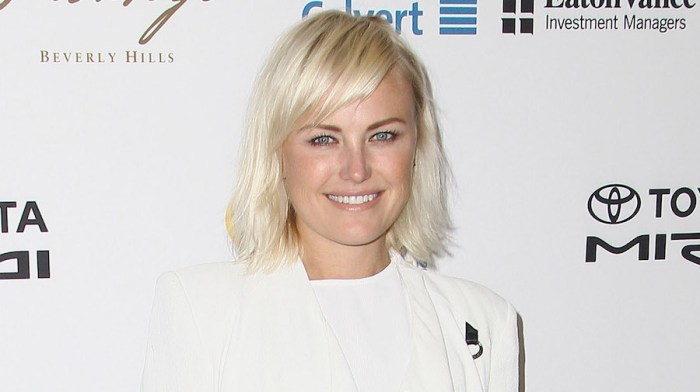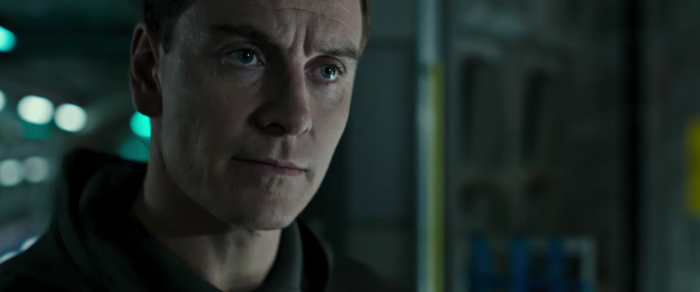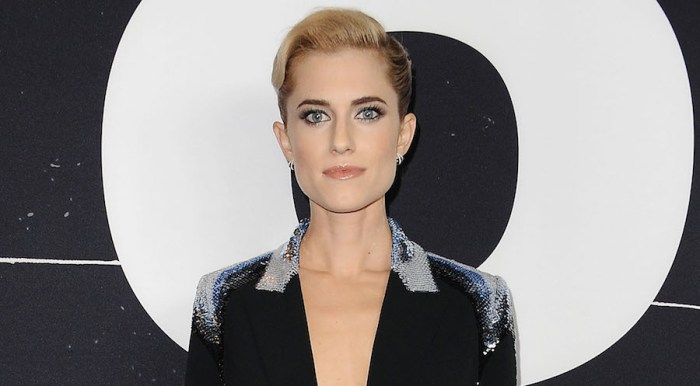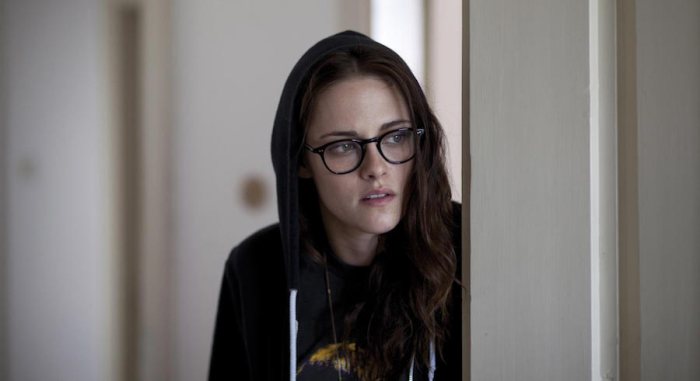Is “The Hateful Eight” racist? Homophobic? Sexist? Is it all three? Quentin Tarantino films are controversial, but none have been as divisive as his 70mm Western spectacular, which has been, especially among critics, deemed officially problematic. Some have said it’s the juvenile movie his detractors often say his films are: merely out there to push buttons. Others go farther: they accuse it of the very bigotry it may or may not be condemning. RELATED: Review: “The Hateful Eight” is Quentin Tarantino’s look at humanity at its worst This has made discussing the film a little uncomfortable. When accusations get that extreme, and when people get that upset about it, one doesn’t want go in, guns blazing, about how one disagrees. So I say this cautiously and respectfully: I don’t think it’s racist, homophobic or sexist. I think it’s an examination of those traits, not an embodiment thereof. I don’t think it’s just trying to get a rise. And like “Django Unchained,” it makes bigotry one of its main focuses, if not the main one. Nothing in Tarantino films can be taken at face value; everything is loaded with multiple meanings. When he quotes older movies in his own movies, it isn’t mere fanboy homage; he’s repurposing his old faves to his own devices. Likewise, he doesn’t come out and say what “The Hateful Eight” is trying to say. Finding the way to the center of “The Hateful Eight” is like being lost in a labyrinth. Not only is there no moral center — a good person, like Django, who stands for something good — but Tarantino goes out of his way to offend, only to subtly tip his hat that he’s on the side of the angels. RELATED: Them’s fightin’ words from the cast of “The Hateful Eight” Every character is a villain, but they’re more than venal: They’re each a strand, and often two or three, of bigot. Everybody who’s not Samuel Jackson’s Major-turned-bounty hunter Marquis Warren hates him because he’s black. Some, like the ex-Confederates General Smithers (Bruce Dern) and maybe-sheriff Chris Mannix (Walton Goggins), have deep-seated loathing. Others, like fellow bounty hunter John Ruth (Kurt Russell), have a very, very, very begrudging semi-respect. (Ruth calls black people “darkies,” because he thinks they prefer it.) Warren has been able to survive because he’s found a way to navigate through a sea of racism, often through deceit. His most prized possession is a letter from his good pen pal, Abraham Lincoln, which he later reveals is a forgery. To live among white people, he has to keep on his toes. Warren, however, is not the most hated person in “The Hateful Eight.” If there was a ladder of bigotry amongst the film’s characters, he’d be three rungs from the bottom, followed by Demian Bichir’s “Bob,” a Mexican in a broad Speedy Gonzalez accent, and then, all the way down there, bandit Daisy Domergue (Jennifer Jason Leigh), i.e., the lone principal woman. Domergue spends the movie routinely beaten into submission, most often by Ruth, to whom she’s shackled on way to a hanging. But she also occasionally gets it from Warren himself. Warren is an oppressed minority, but he’s not immune to prejudice. Times are so tough that even he becomes what he hates most, enacting the same abuse he’d typically get himself upon Bob — who he doesn’t just kill but blows his head apart like a watermelon. And he’s even harder on Domergue. The b-word is thrown around only slightly less than the n-word. Domergue has learned the same lesson as Warren has: survive by trying to oppress another minority. She’s often trying to rally people against Warren, and the finale involves the two of them trying to win over Mannix, who winds up the only one left with a gun. His decision basically comes down to a flip of the coin — or, more likely, which minority he hates less. In the end Mannnix decides that racism trumps sexism, and the two delight in strapping Domergue up on a noose, then reading again from Warren’s already debunked Lincoln letter, comforting themselves as death encroaches in the delusion that what they did was just — or at least satisfying. RELATED: Interview: Don’t bore Natalie Dormer with your “Hunger Games” questions Some have said there’s no way to read this finale but on its face: that it’s delighting in the slow murder of a woman, just as Warren and Mannix do. But it’s fitted with a mad, horror movie score that is far from triumphant. And deciding that Tarantino is on their side ignores a long history of strong female characters in Tarantino films who attack male oppressors: Uma Thurman’s “The Bride,” taking out the man who murdered their unborn child and left her for dead; the second group of young women in “Death Proof,” who are able to overtake a man (Kurt Russell again) whose goal in life, it appears, is killing the female species. No one’s a winner in “The Hateful Eight” — Warren and Mannix will both soon die — and Tarantino is not picking sides. He’s examining how bigotry flourishes. I’ll end with one of the most contested scenes in the movie, but which to my mind is pretty clear-cut. The first half of the film concludes with Warren telling a story to Dern’s Smithers about the time he killed his son, but not before forcing him to service his “Johnson.” The veracity of the tale is never made clear, though it seems unlikely given how prone Warren is to lie for his own purposes. Moreover, it is clear he’s preying on Smithers’ own rainbow-colored bigotry to get him to reach for his gun so Warren can legally kill someone who had massacred a group of black Union soldiers during the war. When Warren combines that with Smithers’ homophobia he gets what he wants. RELATED: 11 underrated performances in 2015 movies Tarantino’s track record with gay characters isn’t great. There aren’t any, really, apart from the rapists who go to town on Marcellus Wallace in “Pulp Fiction.” But here, at least, there’s no indication that Wallace tells the story with any intention other than to enrage Smithers through his own bigotry. Again, we have character wielding bigotry to save themselves, or, in this case, to enact revenge. Racism, sexism and homophobia can move mountains, then as now, when a bigoted presidential candidate is activating a large portion of hidden America by preying on their worst fears and prejudices. “The Hateful Eight” spells none of this out, but knife through its dense thicket and you find an angry political film, not merely a continuation of humankind’s worst instincts.
Trying to make sense of what ‘The Hateful Eight’ says about bigotry
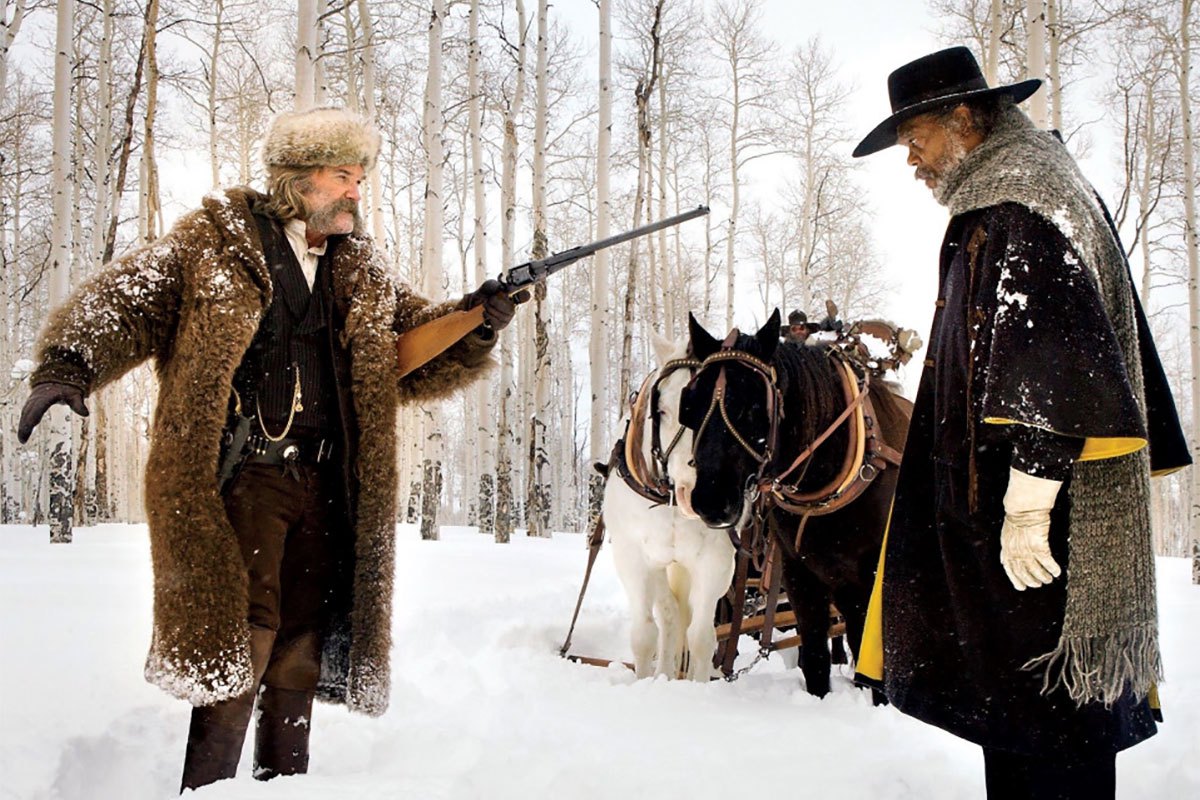
The Weinstein Company
Follow Matt Prigge on Twitter @mattprigge






